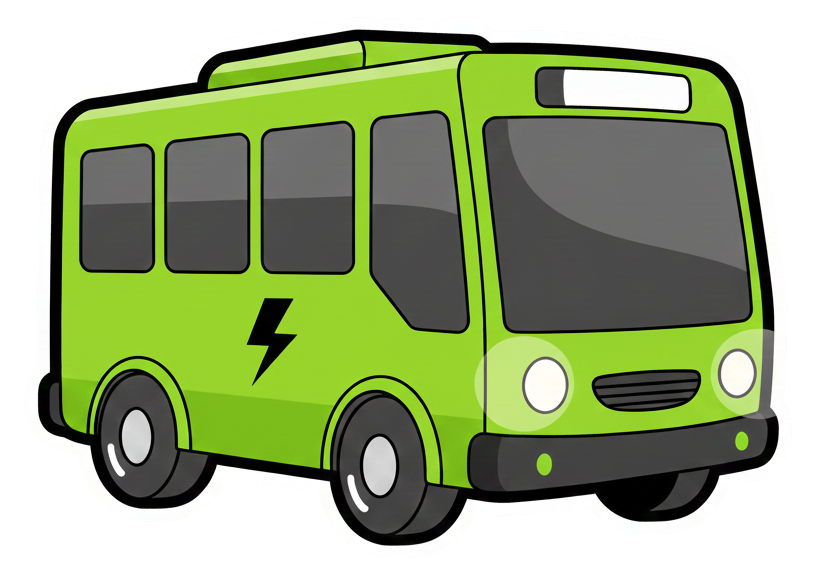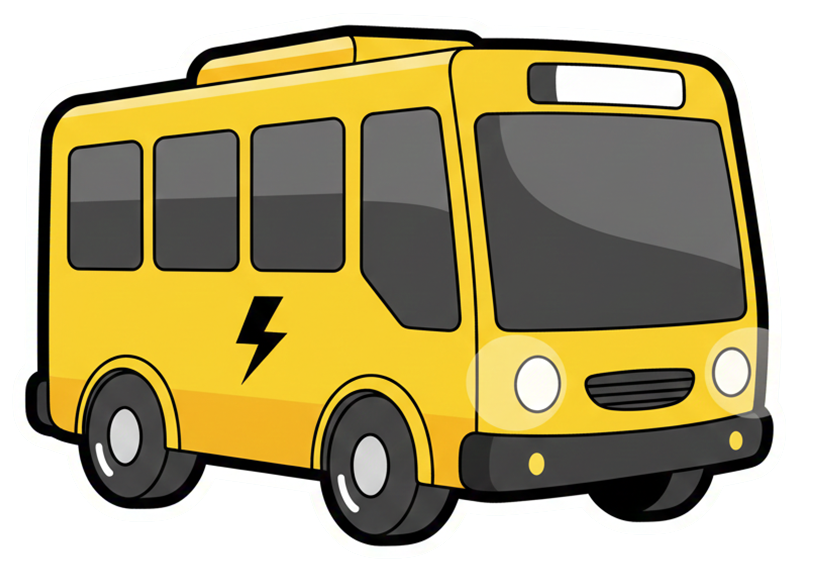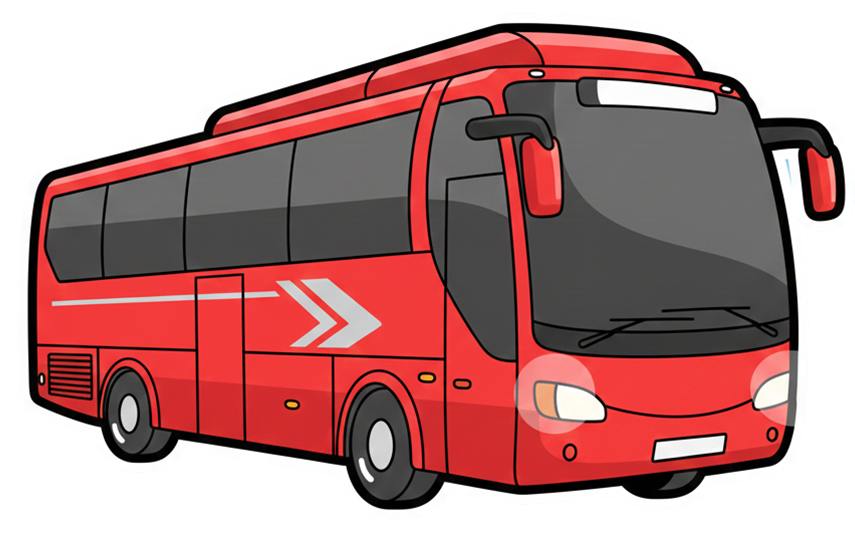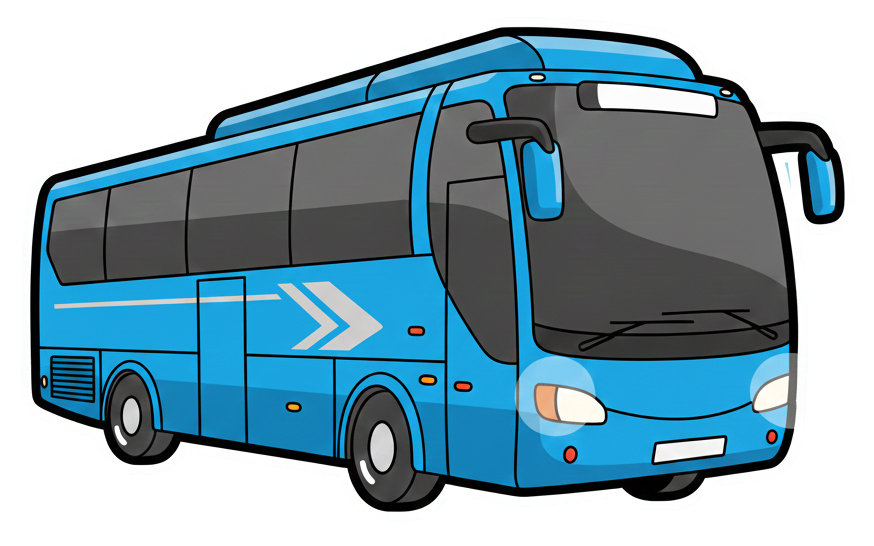- Seminar
- 22nd November at 2:00 pm
Andy Gibbons shares his personal thoughts on the way forward if big groups want to get behind local bus plans.
Schools, colleges, leisure centres, hospitals, parks and buses. They all have one thing in common. They are used almost exclusively by local people. Local people use their local bus service to get to local facilities. Very few use the bus outside their local area.
Which makes it strange how the bus nationals insist on branding and packaging everything in their own uniform corporate colours and specification. Buses, websites, printed information, promotions, fares and ticketing are the same everywhere. In many cities there are several conflicting corporate offers – with no attempt to develop and promote a cohesive local bus network. Little reflects the local area or gives local users and decision makers any attachment to their local bus services. None of it helps encourage joined up trip making – essential with the decline of city centres and growth in non-central workplaces. It might be cheaper to do it this way but it’s not customer or stakeholder driven and doesn’t get the passenger growth.
Schools, colleges, leisure centres, hospitals, parks and buses. They all have one thing in common. They are used almost exclusively by local people. Local people use their local bus service to get to local facilities. Very few use the bus outside their local area.
Which makes it strange how the bus nationals insist on branding and packaging everything in their own uniform corporate colours and specification. Buses, websites, printed information, promotions, fares and ticketing are the same everywhere. In many cities there are several conflicting corporate offers – with no attempt to develop and promote a cohesive local bus network. Little reflects the local area or gives local users and decision makers any attachment to their local bus services. None of it helps encourage joined up trip making – essential with the decline of city centres and growth in non-central workplaces. It might be cheaper to do it this way but it’s not customer or stakeholder driven and doesn’t get the passenger growth.
Also, senior management is largely centralised with little or no attachment to any specific local operating area. Does that provide a good knowledge of what is in a local Bus Service Improvement Plan (BSIP), what the upcoming local developments or traffic issues are, or what is happening with congestion, parking or retail footfall? I’m not sure.
A key operational issue is congestion and its impact on bus reliability and speeds. However, at Enhanced Partnership (EP) boards across the country, do operators come armed with detailed local historical punctuality data and local intelligence on each of their commercial routes? Do they table constructive well researched and localised reports to assist the partnership to shape its delivery programme? I’m not sure. Councils are tasked with implementing bus priorities and parking management schemes. These inevitably meet with local resistance and are difficult for local councillors to support. Their task would be made easier if supported by strong – even emotional – local operator data on how such schemes would assist local bus users, coupled with senior operator representation at all relevant local meetings. I’m not sure this message is landing at a local level. Perhaps part of the issue is that local people and local councillors don’t feel sufficiently attached or invested in their local bus service, to the same extent as they are to local car access issues. I suspect most councils don’t really want to ‘take back control’ of buses. What they mainly want is a locally managed and locally promoted, integrated quality bus network.
They are used almost exclusively by local people. Local people use their local bus service to get to local facilities.
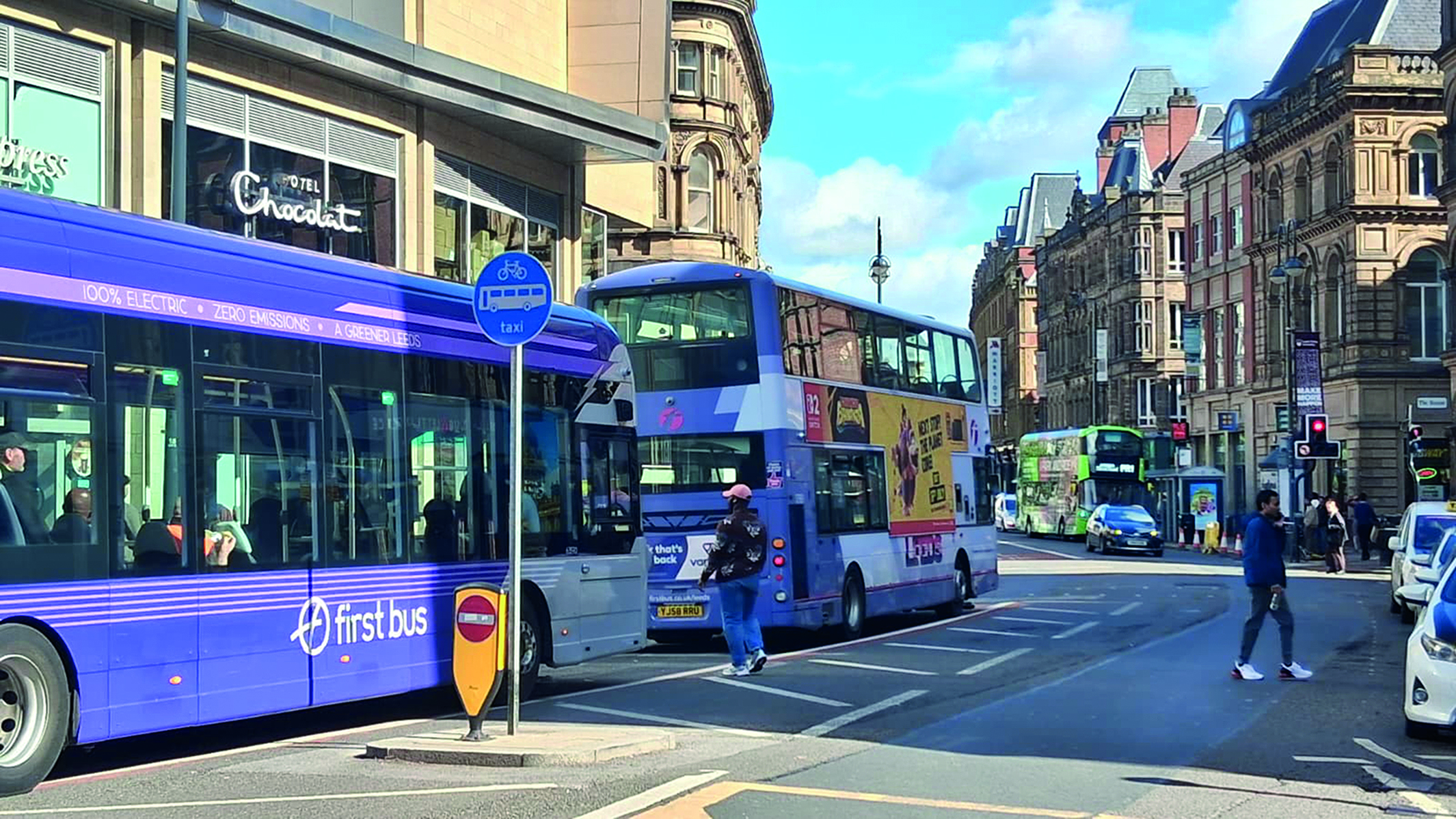
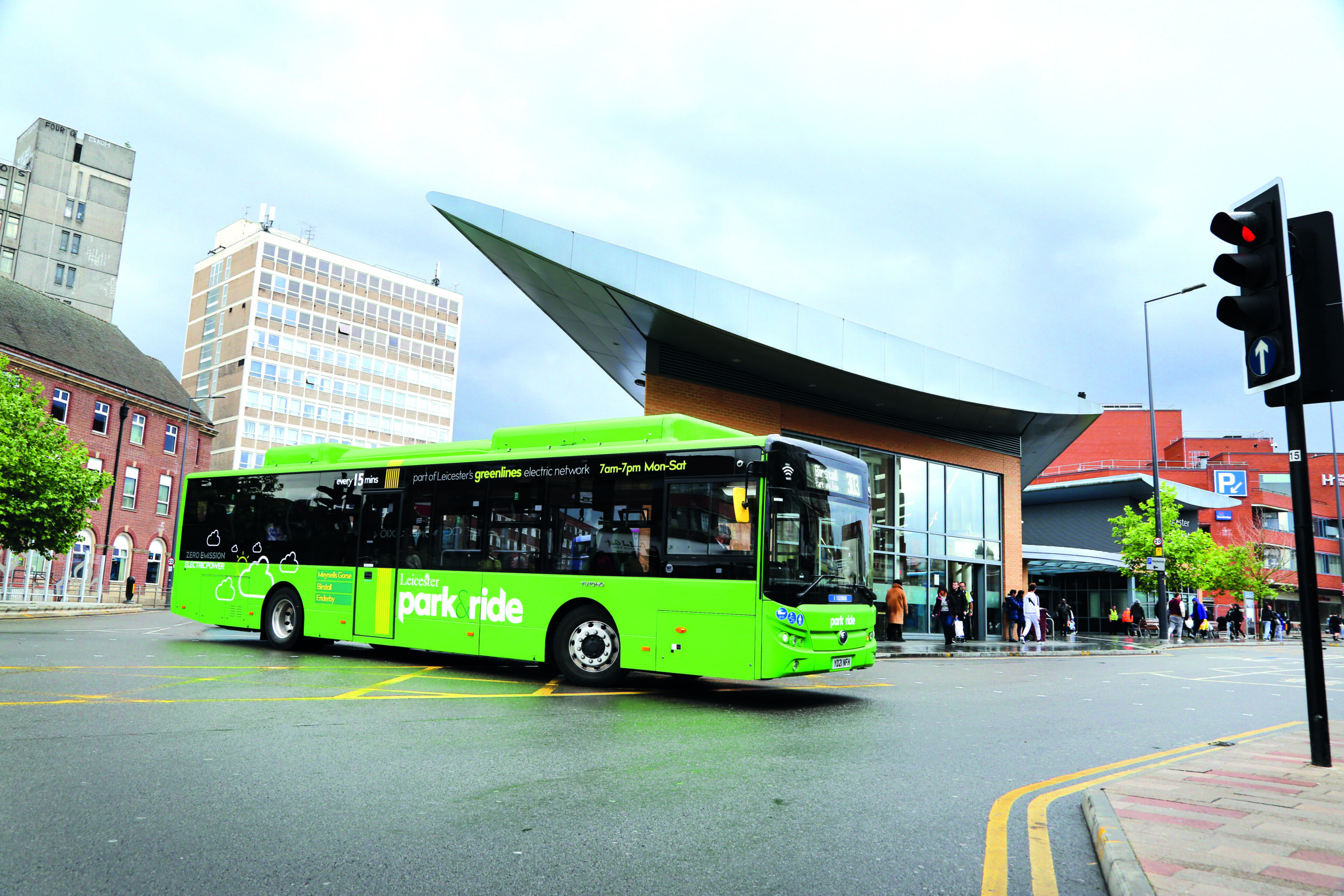
With an extensive background in local transport provision, Andy is currently Programme Manager for Buses at Leicester City Council.
Real Partnerships
Some recent enhanced partnerships have made significant improvements to the quality of the network, particularly in relation to waiting infrastructure and electric buses. However, most are simply independent spend programmes, stimulated by recent central government grants. Very few partnerships to date have been able to replicate the local integrated networks and local ownership and involvement that bus franchises appear to do. There are no reasons why this can’t be done within the existing EP legislation. It just needs operators to ditch their obsession with independent centralised control and short term decision making. Replace that with a strong consistent local presence and an effective local partnership and we stand a chance of getting long term local growth. There’s an obvious reason why certain key independent local bus companies seem to win all the bus awards – they have a consistent focus on improving every aspect of their local operation, with senior local managers empowered to do so.
There also needs to be the complete devolution of all national instruments which impact on any local bus market. According to the Government press release ‘the Bus Services Act will make it easier for local leaders to take control of their buses and put passengers first’. If this is the case, then why isn’t the Government following up this Act and its promised devolved funding by moving the following to the local transport authority:
Service registration and enforcement: Only the local transport authority (LTA) knows its local traffic issues, BSIP, accessibility and EP standards that have been agreed as part of the registration. Passengers associate with the LTA, not some additional layer miles away that doesn’t even promote its function;
Commercial BSOG funds: These can then be reallocated by the LTA to operators in line with compliance to registered EP standards not some strange national rules based on mileage operated;
Local management of the £3 fare cap: It already does this for ENCTS, schools and unemployed discount tickets, together with multi-operator ticketing. Including the £3 cap will complete the local involvement of all main revenue streams.
Councils Need to Lead
However, its no good making these changes if local councils aren’t able to construct, lead and manage partnerships in an effective consistent way. This is probably harder for them to do than the franchising process. For most functions councils are set up to specify, procure and manage contracts. The profession works this way. Managing the dynamics of partnership working – particularly its accountability at a local political level – requires a different skill set. It is especially difficult to get longevity and long term progress across all partners, since there are no financial or contractual measures involved.
If we’re to take EPs to the next level and not simply all move to franchising then:
A. The bus nationals need to think, organise themselves and act locally. They need to relinquish some short term commercial independence for long term collective growth; B. The Government needs to fully devolve all instruments that affect the local bus market, and; C. Local councils need to fully understand and resource the long term senior management of partnership working.
Of course these are linked. Only by moving all financial and regulatory instruments to the local level will the bus nationals take local EPs seriously. It will also increase the importance and responsibility for buses within the local government profession and local political arena.
These are my personal views based on 40 years of working on local bus transformation for four different local transport authorities, living locally and using my local bus service.
Explore the Stands




